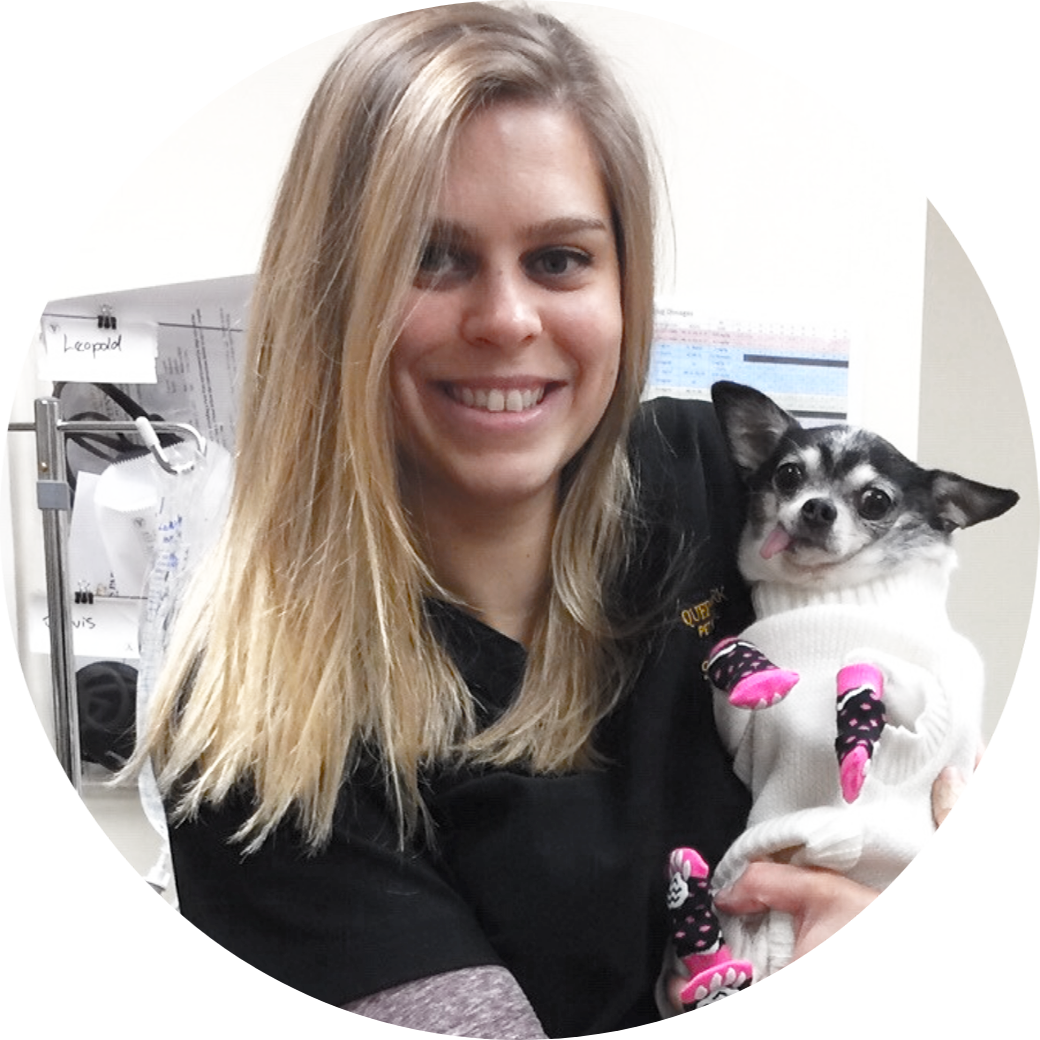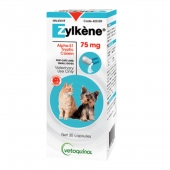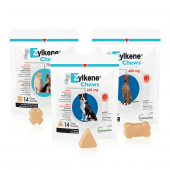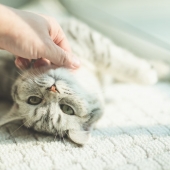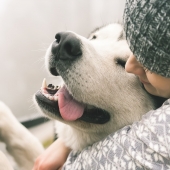Is confinement stressful for your cat?
With the COVID-19 confinement requiring most people to stay at home, we may think pets are happy to spend more time with their owners. While this may be true for outgoing and social animals, some of them may see things differently. “Cats can be easily stressed with any change in their routine, and the current situation could actually be quite disruptive to a cat who’s used to having their own space” explains Dr. Sarah Myers, veterinarian.
Signs of stress in cats
How can you tell if your cat is being stressed out by all this new action at home? “Any change in a cat’s routine can signal that they’re feeling stressed: eating more or less than before, hiding more often or no longer displaying an interest in toys,” says Dr. Myers. “Some cats will stop using their litterbox and instead begin urinating and defecating elsewhere in the house, or experience looser stool or diarrhea.”
Stress in cats can have serious consequences
Stress in pets is not something to be taken lightly. “If a cat stops eating for more than 24 hours, they can become very sick, so a decrease in appetite needs to be addressed quickly”, says Dr. Myers, advising pet owners to contact their veterinarian in this situation.
Stress is also thought to contribute to urinary blockage in cats, making it difficult or impossible for the animal to urinate. “Cats who suffer from urinary blockage will typically be very vocal and go back and forth to their litter box, trying to urinate but not being able to do so,” adds Dr. Myers. “This can quickly become a life-threatening situation.” If the animal no longer seems to be using the litter box, she urges owners to check if their pet is urinating elsewhere. “If not, this is an emergency and you need to contact your veterinarian immediately.”
Keeping a normal routine
If a cat seems nervous, Dr. Myers recommends trying to keep their routine as close to normal as possible. “Make sure to feed them at their regular time every day, play as often as usual and don’t force them into physical contact if they don’t seem open to it,” she says. Showing restraint may be difficult for younger children who are excited to be around their furry friend, so parents should be vigilant when monitoring signs of stress in the family pet.
Zylkene: a natural calming supplement
Products like Zylkene can also help manage stress in cats and dogs. This natural calming supplement contains an active ingredient called alpha-casozepine, a substance derived from milk protein. “Studies have shown it to have a calming effect and to decrease signs of stress in pets,” says Dr. Myers. Zylkene comes in a capsule to be opened and sprinkled on the animal’s food once per day.
The treatment’s goal is to help decrease a pet’s stress levels while they learn to adapt to a new situation. “With current changes, we’re all going through an adjustment period,” says Dr. Myers. “So are our pets, and they need our support.”
Written in collaboration with Dr Sarah Myers, veterinarian
